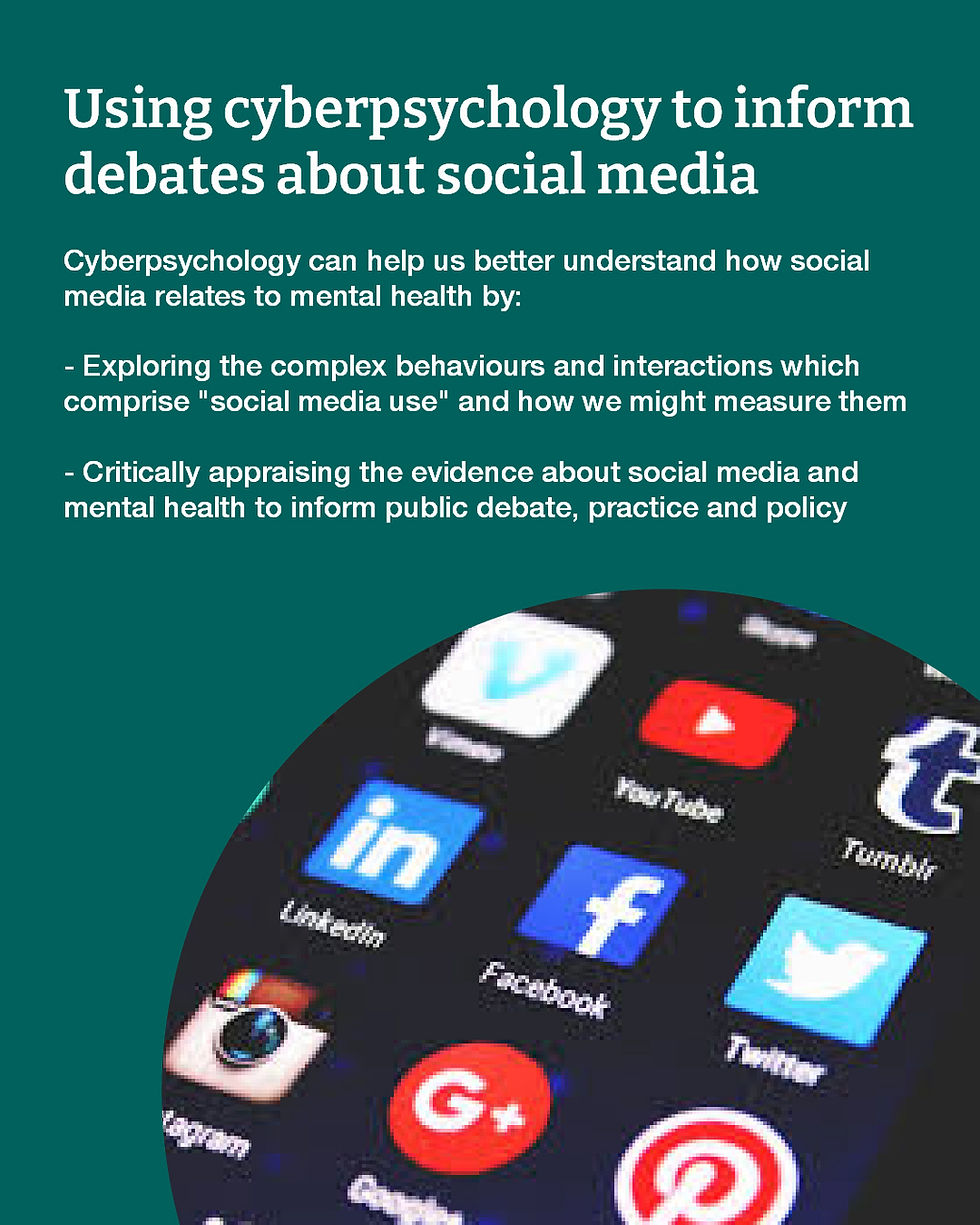Engaging students in assessment and feedback (Part 1)
- LindaKKaye

- Dec 2, 2020
- 2 min read
Assessment and feedback (A&F) are without a doubt an important part of university education. Any good educator is aware of how these form an important part of the learning and development of our students. However, the NSS and other Government-led schemes have put additional pressures on university colleagues in making explicit their practices in A&F especially in communicating these practices to our students. After all, the NSS is a perception survey and our students need to be made aware of all the good practice we are doing on A&F (and other practices).
We talk a lot about assessment literacy and there is some great work being done in the sector on this. The strategies in this blog post series are taking this notion but putting student agency at the heart of this.
Students give us feedback ALL THE TIME, and we acknowledge that this feedback is critical to league tables, performativity etc, but we don't actually really train our students how to actually give useful and constructive feedback. When university systems are so reliant on this, it seems like a missed opportunity.
Strategy 1- seminar session and resources on A&F
In my "Psychology of Teaching, Learning and Instruction" module this year, I ran a session on "Assessment and Feedback in Education". This could be a session which is situated in skills training sessions, introductory sessions etc in other courses.
This session covers the following:
Assessment
Purpose
Types
Making assessment decisions
Matching assessment to feedback
Feedback
Types
Experiences
Giving feedback
Personalised feedback
The seminar itself has some instructional content and also includes a series of practical activities to allow the opportunity to apply their insights to their own experiences.
The most important part of this session I feel is the last section on giving feedback. This includes practical guidance and an activity whereby students have to write/rewrite feedback comments so it is constructive and more effective for the recipient. I also used this as an opportunity to introduce a Personalised feedback form which students can opt to attach when they submit their essays to me for this module. Essentially, I will still be giving them feedback as usual but they can opt to indicate more specifically their preference on the type of feedback (overall text comments, in-text comments, audio comments) and focus of feedback (e.g., any of the criteria they may benefit from more tailored feedback on). These are second year undergraduate students so have received a full year's of feedback previously so know the types of things they may benefit most from.
I did this session for the first time this year, and from working with my students, we recognised that this is not an easy thing for them to do. We discussed how tutors spend a lot of time giving feedback and how it is crafted with care. I hope from this that my students are now more aware of the work which goes into preparing feedback for their work and that when they come to give feedback (module evaluations, NSS etc), they will do so with greater attention and care.
I have attached a copy of the seminar resources here for those who wish to adapt them.
- Powerpoint slides including practical activities
- Personalised Feedback Coversheet



Comments